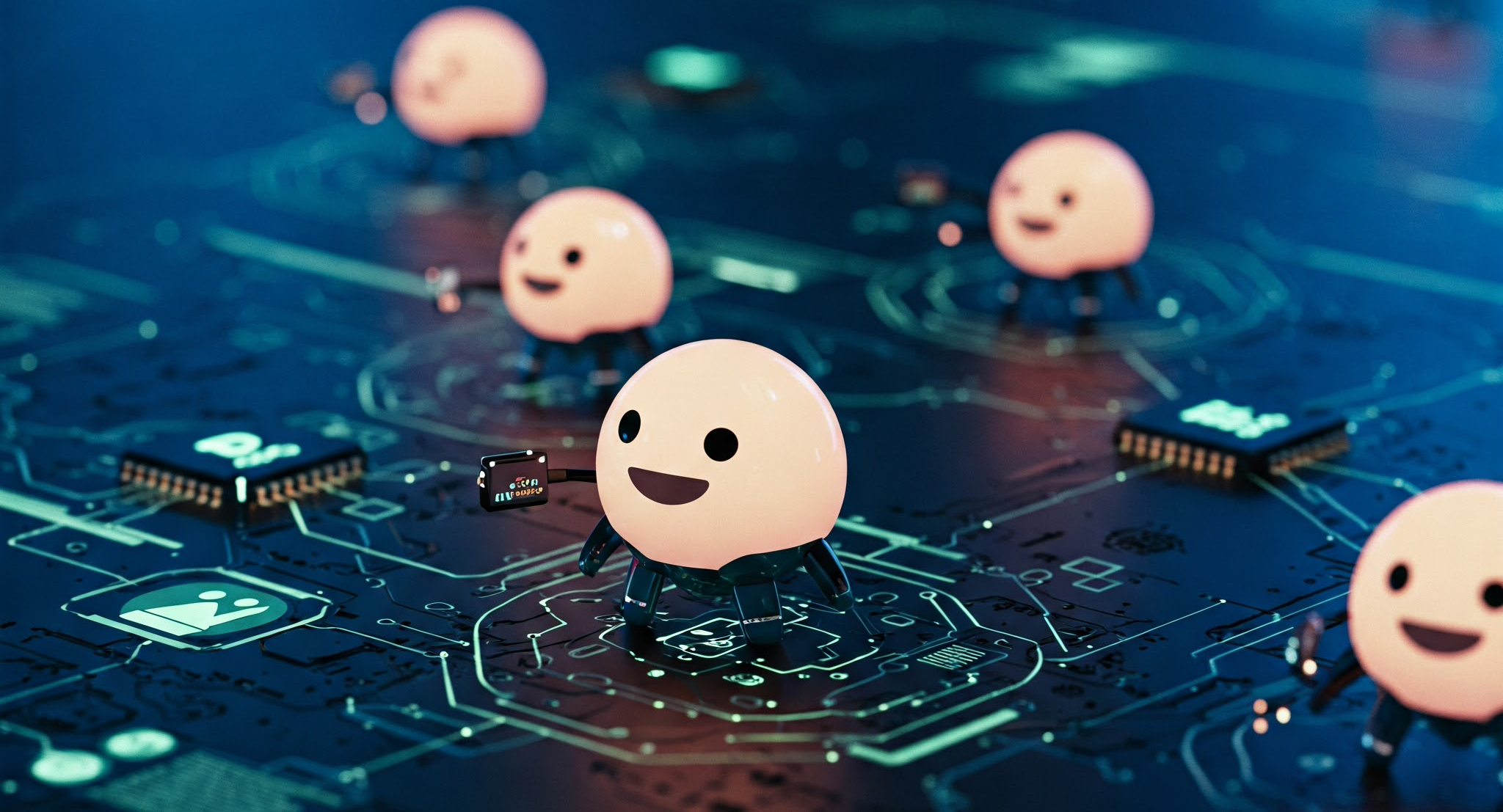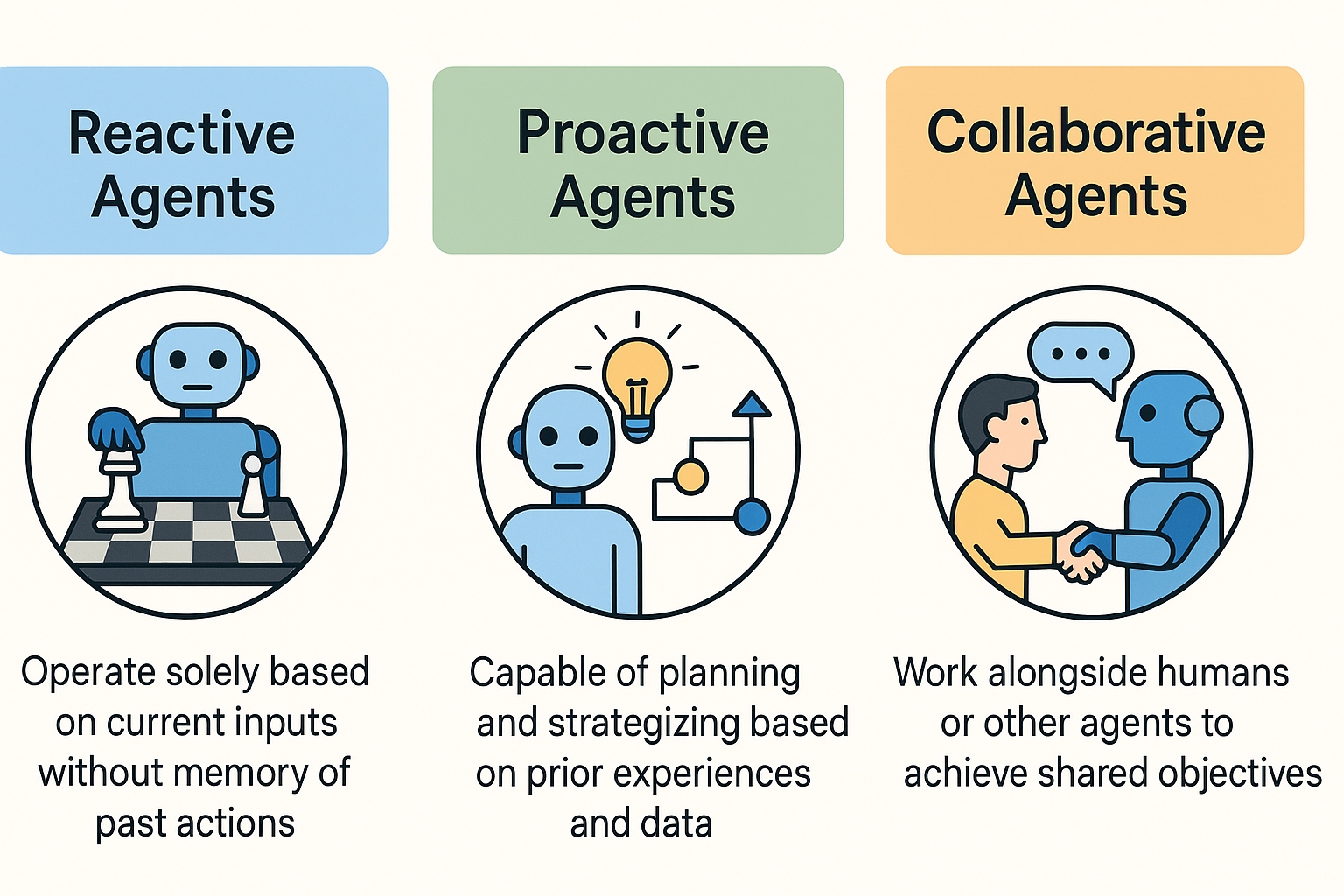Understanding AI Agents and the Important Role they Play


Artificial Intelligence (AI) agents are like the backstage wizards of the tech world, quietly orchestrating smarter systems and smoother experiences behind the scenes. From the friendly voice of your virtual assistant reminding you to buy milk to the complex algorithms steering autonomous vehicles through bustling cities, AI agents are reshaping how we live, work, and interact with the digital universe.
But what exactly are AI agents? How do they manage to juggle vast amounts of data, make decisions in the blink of an eye, and even learn from their own "mistakes"? And perhaps most importantly, why should we care about their growing role in our everyday lives? Let’s pull back the curtain and explore the fascinating world of AI agents—what they are, why they matter, and where they’re taking us in the new future.
What Are AI Agents?
An AI agent is a program or entity designed to perform specific tasks autonomously, making decisions and taking actions based on its environment and objectives. These digital agents often mimic human behavior to achieve their goals, relying on data inputs, algorithms, and sometimes even machine learning models to adapt and improve over time.
There are several types of AI agents:
- Reactive Agents: Operate solely based on current inputs without memory of past actions. Example: A chess-playing AI that evaluates the current state of the chessboard and selects the best move without considering how the game arrived at that position. It reacts to the present scenario without storing or analyzing the history of moves.
- Proactive Agents: Capable of planning and strategizing based on prior experiences and data.
- Collaborative Agents: Work alongside humans or other agents to achieve shared objectives.
AI agents are found in applications ranging from virtual assistants like Siri and Alexa to complex industrial automation systems and autonomous vehicles.

Why Are AI Agents Important?
AI agents are reshaping industries by enabling automation, personalization, and smarter decision-making. Here’s why they matter:
- Efficiency and Productivity: AI agents can automate repetitive tasks, freeing up human workers to focus on higher-value activities.
- Example: In customer service, chatbots can handle routine inquiries, reducing wait times and improving customer satisfaction.
- Data-Driven Decision Making: AI agents analyze vast amounts of data to make decisions faster and more accurately than humans.
- Example: In healthcare, AI agents assist in diagnosing diseases by analyzing medical imaging with precision.
- Scalability: AI agents allow businesses to scale operations without a linear increase in workforce.
- Example: In e-commerce, AI agents recommend products to millions of customers simultaneously.
- Adaptability: Advanced AI agents learn and adapt, improving their performance over time.
- Example: Autonomous vehicles refine their driving based on past experiences and environmental changes.
The Future of AI Agents
As AI technology continues to evolve, AI agents are poised to become even more powerful, intelligent, and integrated into our daily lives. Key trends shaping their future include:
- Increased Autonomy: Future AI agents will handle more complex tasks with minimal human intervention, such as managing smart cities or conducting scientific research.
- Enhanced Collaboration: AI agents will work more seamlessly with humans, leveraging natural language processing and emotional intelligence to communicate effectively.
- Specialized Agents: Industry-specific AI agents tailored to unique challenges will emerge, such as legal assistants for law firms or creative collaborators for marketing teams.
- Ethical and Responsible AI: Efforts will focus on creating transparent, fair, and unbiased AI agents that align with ethical standards and regulatory frameworks.
- Integration with the Internet of Things (IoT): AI agents will interact with IoT devices to create smarter environments, from fully automated homes to interconnected industrial systems.
- Generative and Creative Capabilities: AI agents will become more innovative, capable of designing products, composing music, or even writing entire books with minimal guidance.
Why It Matters for the Future
AI agents are more than just a technological trend; they are the foundation of a new era of intelligence-driven systems. By augmenting human capabilities and addressing challenges at scale, AI agents will shape industries, improve quality of life, and open doors to possibilities previously thought unattainable.
As organizations and individuals, understanding AI agents today positions us to harness their potential tomorrow. Whether it’s leveraging them in business or embracing their innovations in everyday life, the journey with AI agents is just beginning—and it’s one we should all be excited to join.